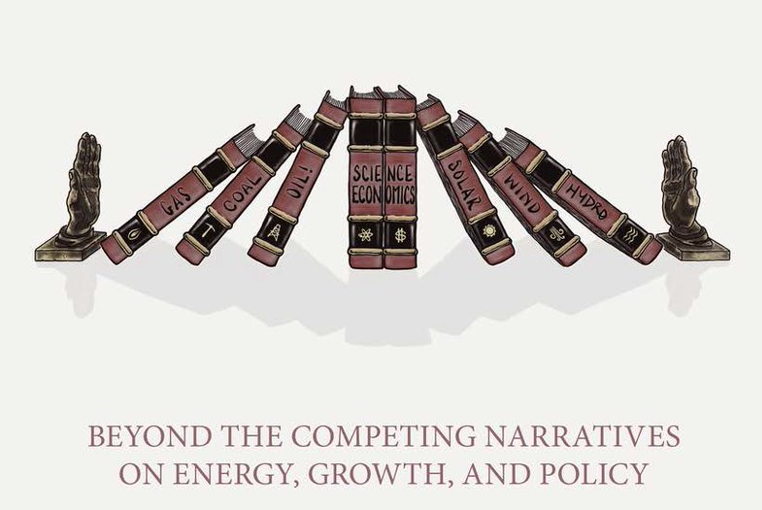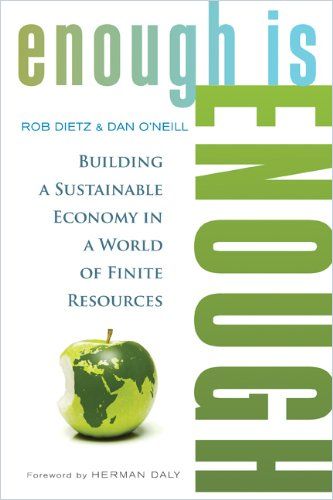Can you tell me of at least one case in history where a society perceived a serious threat looming in the future and took action on it on the basis of data and rational arguments? With the best of goodwill, I can’t. Societies react to threats using a primeval stimulus-reaction that may be aggressive or defensive, but that’s almost never rational.
Curiously, our society, that we call sometimes “The West,” was the first in history to have a chance to do something rational to avoid the destiny awaiting it much before the threat was clearly visible. It was in 1972 when the newly developed digital computers were coupled with a powerful analytical tool, “system dynamics.” The result was the study called “The Limits to Growth” that foresaw how the gradual depletion of natural resources coupled with increasing pollution (that today we call “climate change”) would cause the whole Western economic system to collapse at some moment during the first half of the 21st century. The study also suggested rational solutions to avoid collapse: reduce consumption, stop population growth, manage pollution, and the like.
…click on the above link to read the rest of the article…















